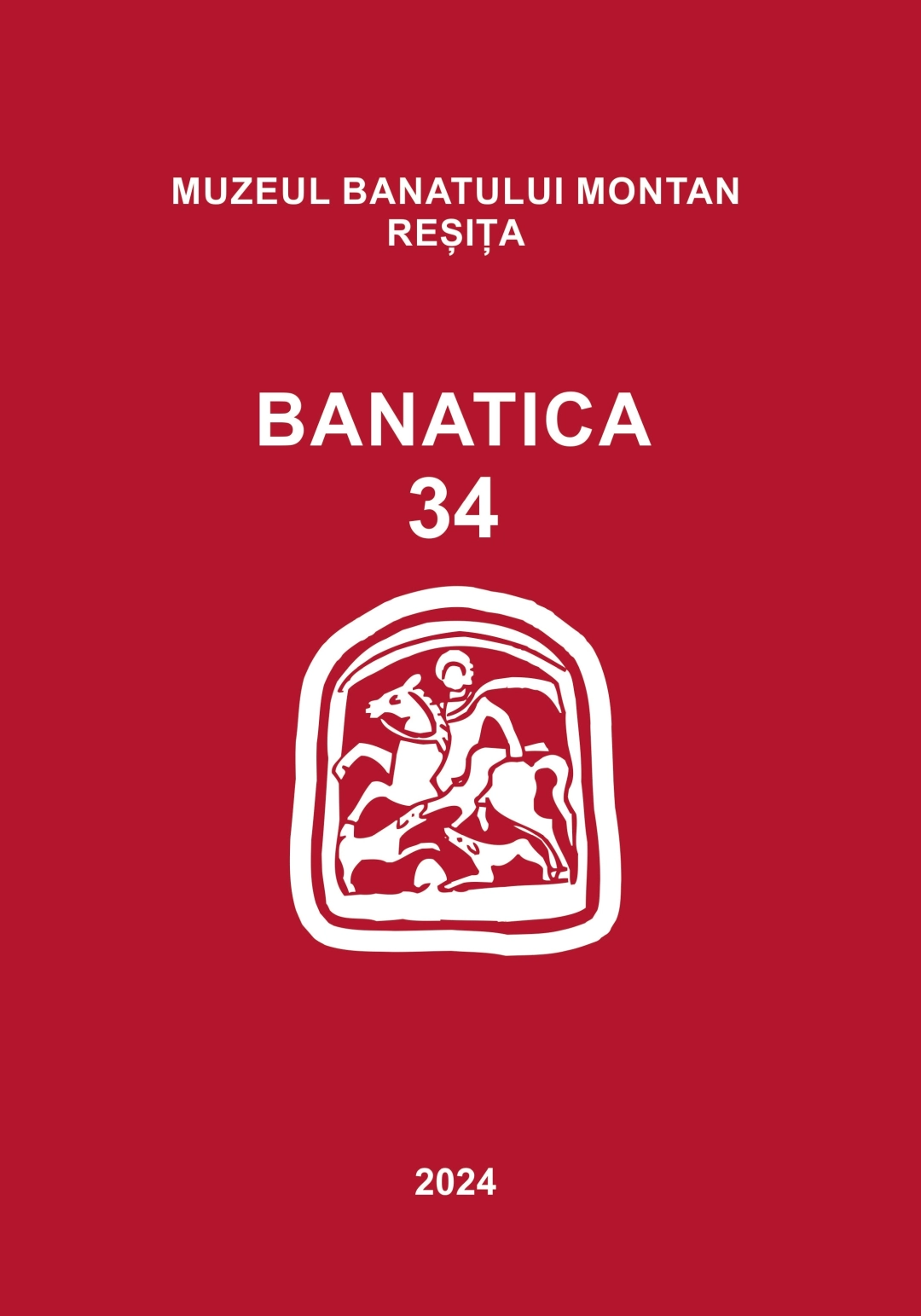Soft vs. Hard Borders: what led to BREXIT?
Soft vs. Hard Borders: what led to BREXIT?
Author(s): Adrian NaeSubject(s): Politics / Political Sciences, Politics, Electoral systems, EU-Approach / EU-Accession / EU-Development, Geopolitics
Published by: Editura Mega Print SRL
Keywords: BREXIT; Eurobarometers; borders; EU; United Kingdom;
Summary/Abstract: Are borders and frontiers merely lines of demarcation that establish perimeters between those inside and those outside? Or is there more than what meets the eye? The literature on border studies highlights both the practical dimensions (illegal border crossing constitutes a crime with legal consequences) and the metaphysical aspects inherent in this concept (borders are shaped by our identities and sense of belonging). Beyond the theoretical implications of borders, this article aims to address a more practical and contemporary issue: the United Kingdom's decision to leave the European Union. In a globalized society characterized by political, economic, and social interconnections, Brexit represents, in effect, the drawing of a new boundary in a world that was presumed to be moving towards borderlessness. The conclusion, open to further debate, is that Brexit could have been anticipated—but only through the interpretation of sociological data from Eurobarometers within the broader context of British and European policies.
Journal: BANATICA
- Issue Year: 1/2024
- Issue No: 34
- Page Range: 731-743
- Page Count: 13
- Language: English

